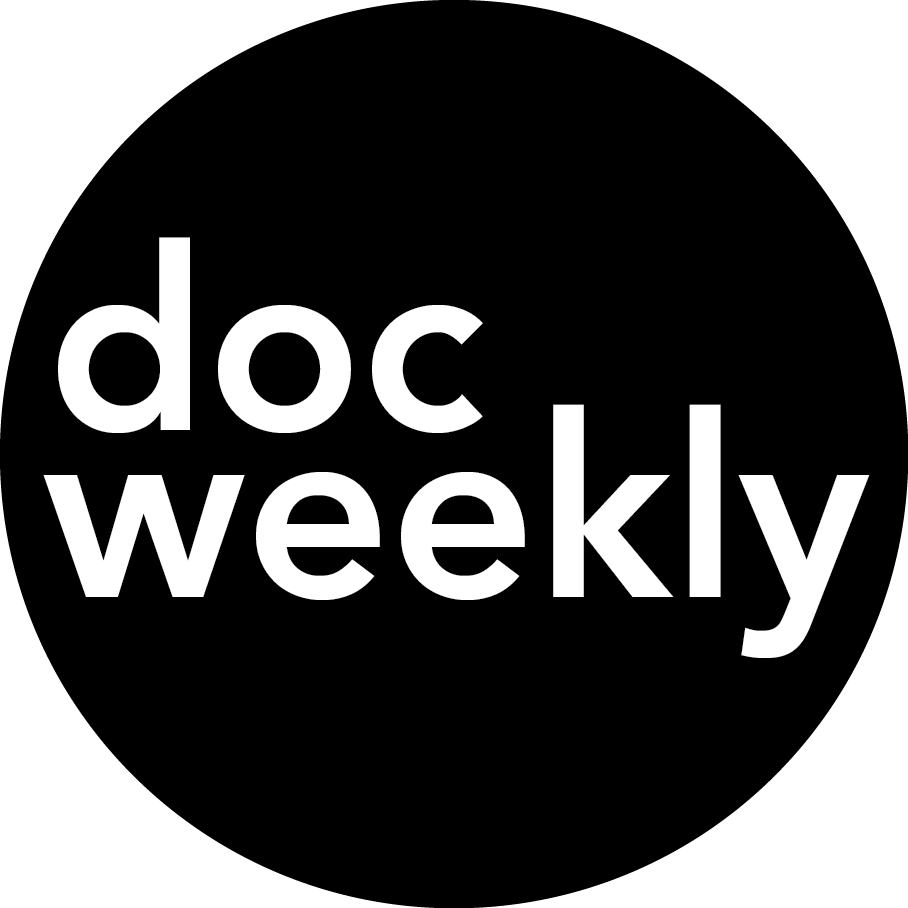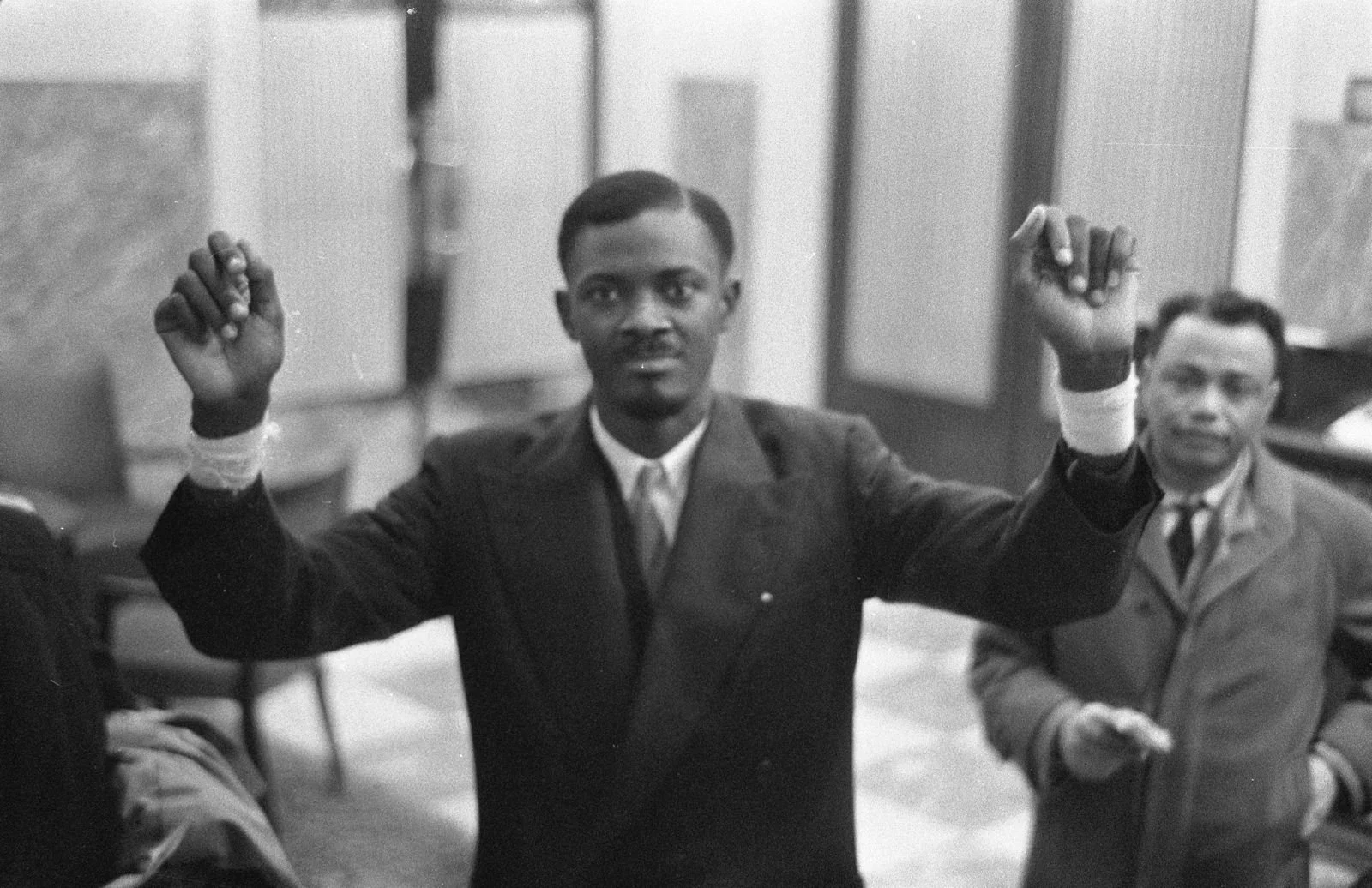Decolonial Film Festival : 13 Documentaries That Deconstruct Colonial Narratives
Few ways of making film today offer richer ground for artistic expression, political thought and social critique than decolonial cinema.
Decolonial filmmakers begin by asking who will be part of the conversation, who will have agency and who will have a stake in the images and sounds they will make. Their work creates the circumstances for political change and the dismantling of systems of oppression, often beyond colonisation, such as patriarchy and ecocide. And in deconstructing colonial narratives and formats, decolonial filmmakers subvert our very way of creating film, taking it in new directions, expanding it and enriching it for the benefit of all.
Once confined to the realms of revolutionary cinema and the counterculture, recent years have seen decolonial cinema receive mainstream critical acclaim, with documentaries like Mati Diop’s Dahomey winning the Golden Bear in 2024 and Johan Grimonprez’s Soundtrack to a Coup d’État being nominated by the Oscars in 2025.
Grimonprez’s jazz-infused archival masterpiece opened the second edition of the Decolonial Film Festival, which ran from the 12th to the 25th of May 2025 in several cinemas throughout the Paris region.
The programme showcases films illustrating colonial history, power dynamics and resistance movements, across fiction and non-fiction. Its ambition, through film and after-screening conversations, is to share these stories and raise awareness in order to encourage collective action and inter-community solidarity.
The festival kicked off in high style with a surprise jazz trumpet solo from artist Josiah Woodson as the lights went out in Le Luxy cinema, paired with a political statement read over the mic by members of the programming committee - subverting the screening process itself in the same way that their rich, experimental programme subverts the film formats we’re used to seeing on the big screen.
This year’s programme has been designed around five themes: Heritage, Diaspora, Resistance, Spirituality and, for the first time, Love. Based on collective organisation, all the films have been chosen by a programming committee made up of around fifteen anti-racist, diasporic, queer and feminist organisations. Spanning generations of revolutionary filmmakers, colonial struggles, cinematic eras and peoples, the selection delves into recent releases, classics of the genre and avant-premieres.
Here are the 13 documentaries featured in this year’s edition of the Decolonial Film Festival, of which Doc Weekly is a proud media partner.
1. Soundtrack to a Coup d’État (2024) by Johan Grimonprez
Heritage selection - Opening film
United Nations, 1960: the Global South ignites a political earthquake, jazz musicians Abbey Lincoln and Max Roach crash the Security Council, Nikita Khrushchev bangs his shoe, and the U.S. State Department swings into action, sending jazz ambassador Louis Armstrong to Congo to deflect attention from the CIA-backed coup.
Director Johan Grimonprez captures the moment when African politics and American jazz collided in this magnificent essay film, a riveting historical rollercoaster that illuminates the political machinations behind the 1961 assassination of Congo’s leader Patrice Lumumba. Richly illustrated by eyewitness accounts, official government memos, testimonies from mercenaries and CIA operatives, speeches from Lumumba himself, and a veritable canon of jazz icons, Soundtrack to a Coup d’Etat interrogates colonial history to tell an urgent and timely story of precedent that resonates more than ever in today’s geopolitical climate.
Deserved Oscar-nominee for Best Documentary in 2025. Simply a masterpiece.
2. The Battle of Algiers (1966) by Gillo Pontecorvo
Resistance selection
One of the most influential political films in history, The Battle of Algiers, by Gillo Pontecorvo, vividly re-creates a key year in the tumultuous Algerian struggle for independence from the occupying French in the 1950s. As violence escalates on both sides, children shoot soldiers at point-blank range, women plant bombs in cafés, and French soldiers resort to torture to break the will of the insurgents. Shot on the streets of Algiers in documentary style, the film is a case study in modern warfare, with its terrorist attacks and the brutal techniques used to combat them. Pontecorvo’s tour de force has astonishing relevance today.
Banned in France in 1965 despite three Oscar nominations, released in 1971 but quickly taken out of theatres and only truly released in french cinemas in 2004. Restored to 4K in 2021, the Decolonial Film Festival offers a rare opportunity to see the film on the big screen.
3. Three Promises (2023) by Yousef Srouji
Heritage selection
While the Israeli army retaliates against the second intifada in the West Bank in the early 2000s, a mother films her family’s daily life, punctuated by time spent sheltering in the basement. Her son revisits this past, delivering a heart-breaking film that conveys the anguish of children and their parents who are forced to choose between safety and emotional upheaval.
Three Promises was selected at IDFA and Visions du Réel.
4. Eia pour Césaire (2009) by Sarah Maldoror
Heritage selection - Homage to Aimé Césaire
After the death of the poet and activist Aimé Césaire, the communist, feminist and panafrican filmmaker Sarah Maldoror revisits parts of the globe her friend and occasional subject traveled to. The film includes interviews with family members and excerpts from her films with and about the poet.
A rare film that brings together two iconic artists.
Eia pour Césaire (2009) by Sarah Maldoror
5. Non-Aligned: Scenes from the Labudović Reels (2023) by Mila Turajlić
Heritage selection - Closing film
Self-described "artivist" Mila Turajlić mines Yugoslavian newsreel archives to tell a story of international solidarity and resistance to the binary of the Cold War. Focusing on the work of cameraman Stevan Labudović, who traveled the world on Yugoslav "peace missions" and was embedded with Algerian freedom fighters for three years, the films in this diptych can be watched together, but also stand alone as fascinating independent documentary works.
6. The Skinny Alejandra (La Flaca Alejandra) (1994) by Carmen Castillo
Resistance selection
The destiny of la Flaca Alejandra is intertwined with the last 20 years of Chilean history. When very young, Marcia Merino became a militant member of the Chilean revolutionary left movement, and in 1973 a group leader. Arrested and tortured in 1974, she turned informer. For 18 years, she was a member of Pinochet's political police, the Dina. In 1993 she switched sides again, and agreed to testify against those she had worked for under the dictatorship.
A dialogue between Marcia Merino and Carmen Castillo, an exiled Chilean writer and political militant who was one of a victims of la Flaca, who now tries to shed light on her past. There are repeated switches between past and present, between the words of la Flaca, the voices of Carmen and of other women, and the unspoken thoughts of a torturer…
Another particularly rare film, and one that grants a voice and nuance where few would dare to explore.
The Skinny Alejandra (La Flaca Alejandra) (1994) by Carmen Castillo
7. No Crying at The Dinner Table (2019) by Carol Nguyen
Diasporas selection - Short film screening
Filmmaker Carol Nguyen interviews her own family to craft an emotionally complex and meticulously composed portrait of intergenerational trauma, grief, and secrets in this cathartic documentary about things left unsaid.
No Crying at The Dinner Table was selected at TIFF, IDFA and SXSW in 2019
8. Mariner of the Mountains (2021) by Karim Aïnouz
Love selection
January 2019. Filmmaker Karim Aïnouz decides to take a boat, cross the Mediterranean and embark on his first journey to Algeria. Accompanied by the memory of his mother, Iracema, and his camera, Aïnouz gives a detailed account of the journey to his father's homeland; from the sea crossing to his arrival in the Atlas Mountains in Kabylia - a mountainous region in northern Algeria - to his return. Interweaving present, past and future.
9. La Machette et le Marteau (1975) by Gabriel Glissant
Resistance selection
Shot during the cane workers’ strikes in 1975, this first authentically West Indian film bluntly depicts Guadeloupe as it was, thirty years after departmentalisation.
The cutters explain their circumstances and the reasons for their struggle. A look at the different social strata on the island and at Guadeloupe's agricultural and industrial proletariat in the struggle against foreign monopolies.
A particularly rare and historically significant film.
La machette et le marteau (1975) by Gabriel Glissant
10. Mille et un bijoux (2025) by Ariella Aïsha Azoulay
Heritage selection - World Premiere
Through “a thousand and one jewels” and the stories of their custodians - descendants of the Judeo-Muslim world of the Maghreb - jewels are scattered throughout the film like the living remnants of a pre-colonial world that refuses to disappear, resisting the colonial violence that separates Jews from Muslims. By sharing these stories, and engaging in jewellery-making side by side, the film’s participants renew a transmission of knowledge and know-how that has long been severed, thus suspending the long-held verdict that attempts, through cultural looting, to relegate the history of this Judeo-Muslim world to the past.
The film follows the testimonies of non-experts: the way in descendants remember the knowledge passed on to them about life, the secrets contained in objects and the shared traditions of which they were an integral part.
Mille et un bijoux will have its World premiere at the Decolonial Film Festival.
Mille et Un Bijoux (2025) by Ariella Aïsha Azoulay
11. Twice into Oblivion (2024) by Pierre Michel Jean
Heritage selection - World Premiere
In 1937, Dominican dictator Rafael Trujillo ordered the massacre of over 20,000 Haitian immigrants living in the Dominican Republic. Daphné Ménard, a Haitian theatre director, brought together actors from both parts of the island to work on this event.
12. Foreword to Guns for Banta (Préface à des fusils pour Banta) (2011) by Mathieu Kleyebe Abonnenc
Diasporas selection - Short film screening
A film about Sarah Madoror's lost movie, Des fussils pour Banta, her first feature, which was seized by the Algerian revolutionary government after they considered it to be too ambiguous. Kleyebe Abonnenc uses the three possible screenplays to come up with what this film might look like.
Foreword to Guns for Banta (Préface à des fusils pour Banta) (2011) by Mathieu Kleyebe Abonnenc
13. Aimé Césaire : A Voice for Hisory (une voix pour l’histoire) (1994) by Euzhan Palcy
Heritage selection - Homage to Aimé Césaire
A three-part documentary produced by Martinican filmmaker Euzhan Palcy for French national TV about Martinican poet Aimé Césaire, featuring many of the most important world-renowned artistic and intellectual figures of the past sixty years.
The first part covers the poet’s life, works and political action. Aimé Césaire takes the audience on a tour of his beloved Martinique. Part two speaks to the ethics, the theory and the philosophy of negritude in its beginnings. Césaire reflects on his various Parisian encounters with intellectuals … as well as his encounter with Africa through the mediation of Léopold Sédar Senghor. The third part attempts to answer some questions, how does one find “the strength to face tomorrow” after the disappointments of decolonisation, the failures in the Third World, the “ills of development” and the strength to face the planetary crisis?
The Decolonial Film Festival will be screening Part 3.
Aimé Césaire : A Voice for Hisory (une voix pour l’histoire) (1994) by Euzhan Palcy
Follow us on Instagram for updates and get in touch if you’d like to meet up or collaborate !












